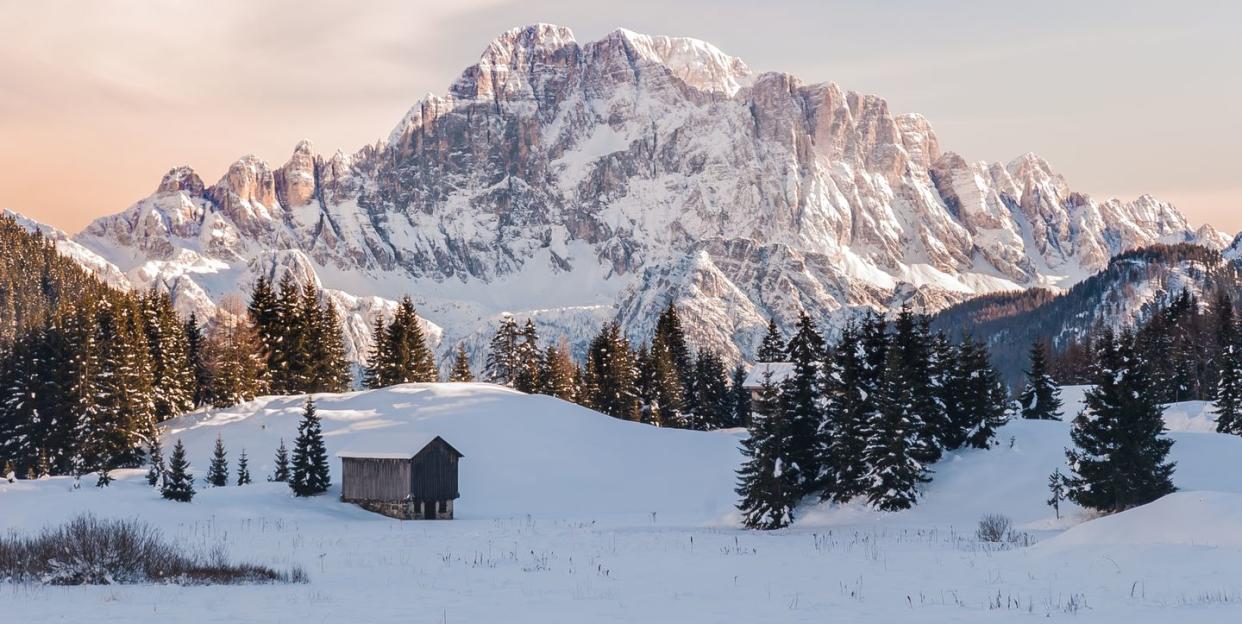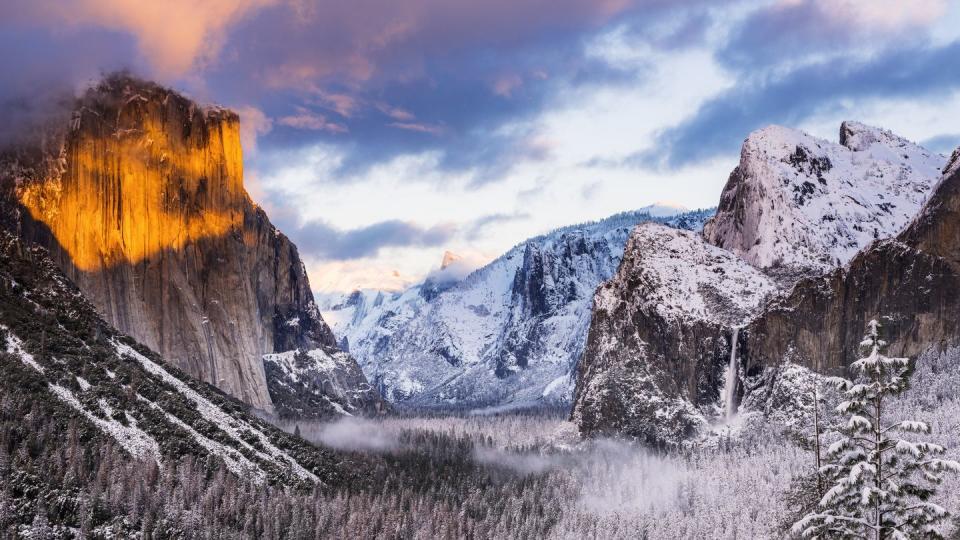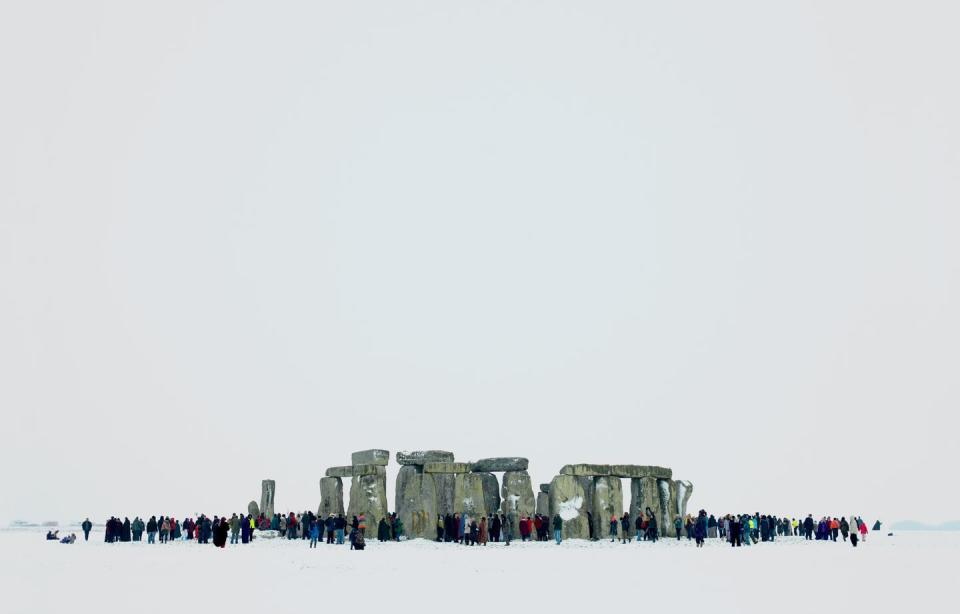The Winter Solstice Will Be Here Before You Know It

The 2020 winter solstice will take place on December 21 at 8:30 a.m. EST.
The solstice marks the official arrival of winter, and is also the day with the shortest amount of daylight and, therefore, the longest night.
Historically, the solstice is celebrated in many cultures around the world.
We all have our ways of coping with the winter months, whether that's binging comforting TV shows, planning creative dates, or even orchestrating a (safe) getaway. But there's always some confusion as to when exactly winter technically begins since the weather typically starts changing long before the winter solstice arrives.
In the United States, the official start of the season happens on the winter solstice, which this year will take place on December 21, albeit at different times across the country. Occurring just a few days before Christmas, most people are long into their cold weather routines and may not even realize that this special day is taking place.
We've put together some facts about the annual occurrence so you know when it happens in your area, what the phrase "winter solstice" actually means, and the difference between a solstice and an equinox.
Remind me, what is the winter solstice?
The winter solstice is an annual occurrence when the sun is at its southernmost point in the Northern Hemisphere. The winter solstice is commonly known as the shortest day of the year, when there is the least daylight, and it means that the North Pole is farthest from the sun. In the Southern Hemisphere, the winter solstice occurs in June.
The first day of winter is December 21, 2020.

Winter will come to the Northern Hemisphere on December 21 at 5:02 a.m. EST, per the Farmers' Alamanac. That means it will take place at 2:02 a.m. PST, 3:02 a.m. MT, and 4:02 a.m. CST.
Per TimeandDate.com, the Southern Hemisphere winter solstice will occur on June 20, 2021, at 11:32 p.m. EST.
The solstice and the equinox are not the same thing.
Nope, and according to Encyclopedia Britannica they are "sort of opposites."
Because the planet rotates on a tilted axis, different locations receive varying amounts of sunlight as the year progresses. The solstices mark the days at which the path of the sun travels farthest north or south from the earth's equator, which is why the winter solstice is the shortest day of the year and the summer solstice conversely is the longest.
The equinoxes, which take place in March and September, are the moments in the spring and fall where the sun is directly above the equator and daylight and nighttime are relatively equal.
Traditional celebrations have marked the winter solstice for centuries, and some continue today.
Historically, many cultures around the world have celebrated or acknowledged the importance of the winter solstice, and there is significant mythology around it. Per National Geographic, ancient Egyptians built the Temple of Karnak "in alignment with the winter solstice," and similar tributes can be found in Cambodia's Angkor Wat or Peru's Machu Picchu.
According to History.com, past celebrations of the winter solstice include Saturnalia, the Roman celebration that ultimately became a weeklong party with gambling, grand meals, and gift giving.
In China, Dong Zhi honors the solstice with traditional Chinese dishes such as rice balls, and meat dumplings, while also being an occasion for families to gather. In contemporary Iran, as well as countries like Afghanistan and Tajikistan, Shab-e Yalda is celebrated on the solstice, which is a gathering for people to "protect each other from evil," per History.com, which is connected to it being the year's longest night. Shab-e Yalda, which means "Night of birth," includes wish-making, the eating of nuts and pomegranates, and poetry readings, specifically by Persian writer Hafez.
In England, roughly 5,000 people gather at the site of Stonehenge each year for solstice celebration and to watch the sunrise, which is organized by local pagan and druid groups,, though it's unclear how the 2020 COVID-19 pandemic will affect these planned events.

Even more gatherings occur in places like Scandinavia, with St. Lucia Day, which technically happens on December 13 (their traditional solstice day). It features large bonfires, ornate robes for young women, and sharing baked goods.
The beauty of the winter solstice is that you can acknowledge it however you want, whether that's by participating in a time-honored celebration or simply burrowing a little harder into your couch.
For ways to live your best life plus all things Oprah, sign up for our newsletter!
You Might Also Like

